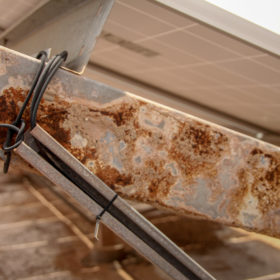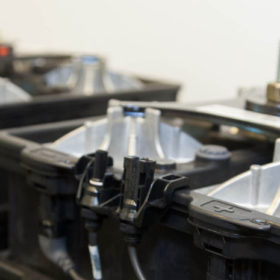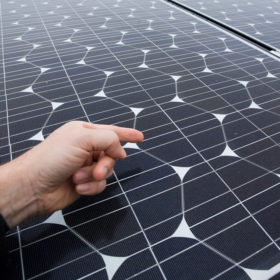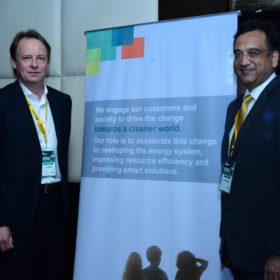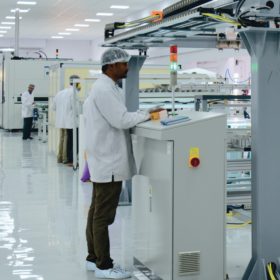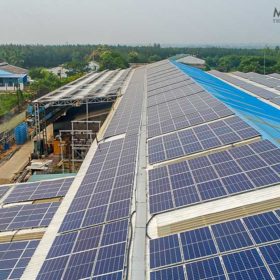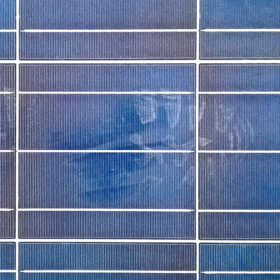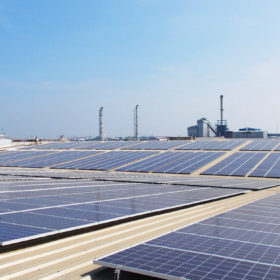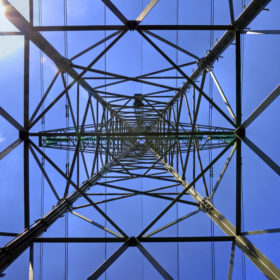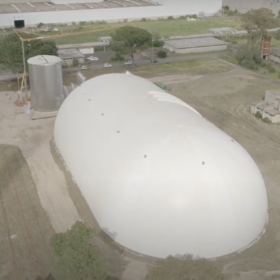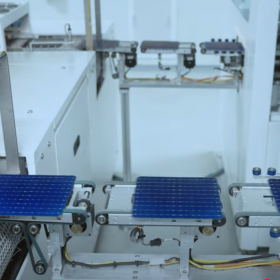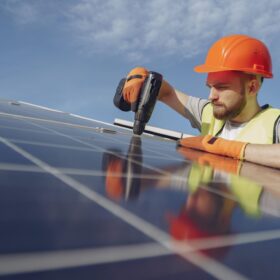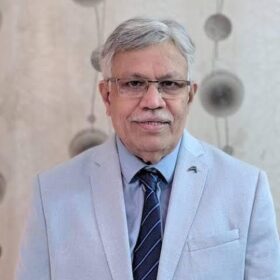The long read: Implementing standards
While Bureau of India Standards certification is a genuine attempt by the Indian government to mitigate the risks associated with poor solar module quality, there are several reasons why it is not 100% effective. pv magazine India’s Uma Gupta investigates India’s efforts to ensure quality in its booming PV industry.
MNRE clarifies import of lead-acid batteries for solar PV applications
The import of secondary cells and batteries of lead-acid and nickel-based chemistries will be allowed subject to IEC 61427 certification of the product and certificate issued by the MNRE, along with an undertaking from the supplier that the products will be utilised for solar PV power projects only.
Panasonic transfers solar manufacturing unit to GS-Solar and creates new research JV
The Japanese multinational will transfer its Panasonic Energy Malaysia unit to Chinese heterojunction module provider GS-Solar as part of a broader cooperation agreement. Panasonic’s solar R&D business will form part of a JV in Japan to be 90% owned by GS-Solar.
Opportunities beyond solar and EVs: Fortum interview
Waste-to-energy, battery lifecycle solutions and hazardous waste management will make up an increased share of Fortum’s business in future. While solar will continue to be a mainstay for the Finnish clean energy company in India, Fortum wants to deepen its presence in the electric vehicle space with smart solutions, according to Sanjay Aggarwal, the company’s India MD, and Juha Suomi, area director for Asia, who spoke exclusively to pv magazine.
Delhi High Court orders tax review for solar projects
The court appears to have sided with solar developers who are complaining about a revision made late last year which ensured only 70% of the costs associated with PV project establishment would qualify for a discounted rate of goods and services tax.
New factory-focused solar tender reportedly in the offing
With last year’s embarrassing manufacturing-linked capacity tender limping along, it has been reported that the Indian government – whichever form it takes after the current elections – is considering a new tender to incentivize the establishment of a domestic solar industry.
Rooftop solar needs greater push to reach 2022 target: IEEFA
Policy certainty and more financial subsidies would incentivise the market, as would support for domestic manufacturing and simplifying the net metering application process.
Australia considers how to profitably upcycle 80 million tons of PV waste
With concern rising about future solar waste in India, research by the University of New South Wales has examined the economic barriers, technologies and opportunities offered by recycling end-of-life silicon PV modules.
Belectric commissions 26 MW rooftop solar projects for Cleantech Solar
The German EPC contractor is also building a 250 MW AC ground-mounted solar farm in Karnataka. Overall, with an already installed capacity of more than 370 MWp and other projects under implementation, it expects to cross 1 GW of installed capacity in India by the year end.
Power-surplus Karnataka state says no to new solar
India’s leading solar region has been forced to apply the brakes to new solar with its power distribution companies having fulfilled their renewable purchase obligations for the next two years. Projects driven by federal agencies will continue, however.
